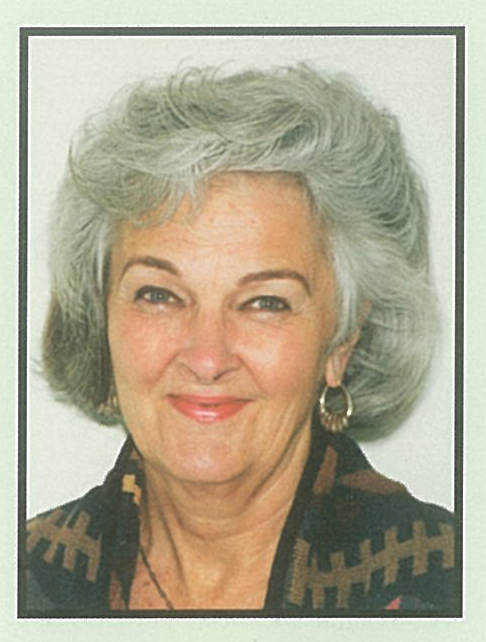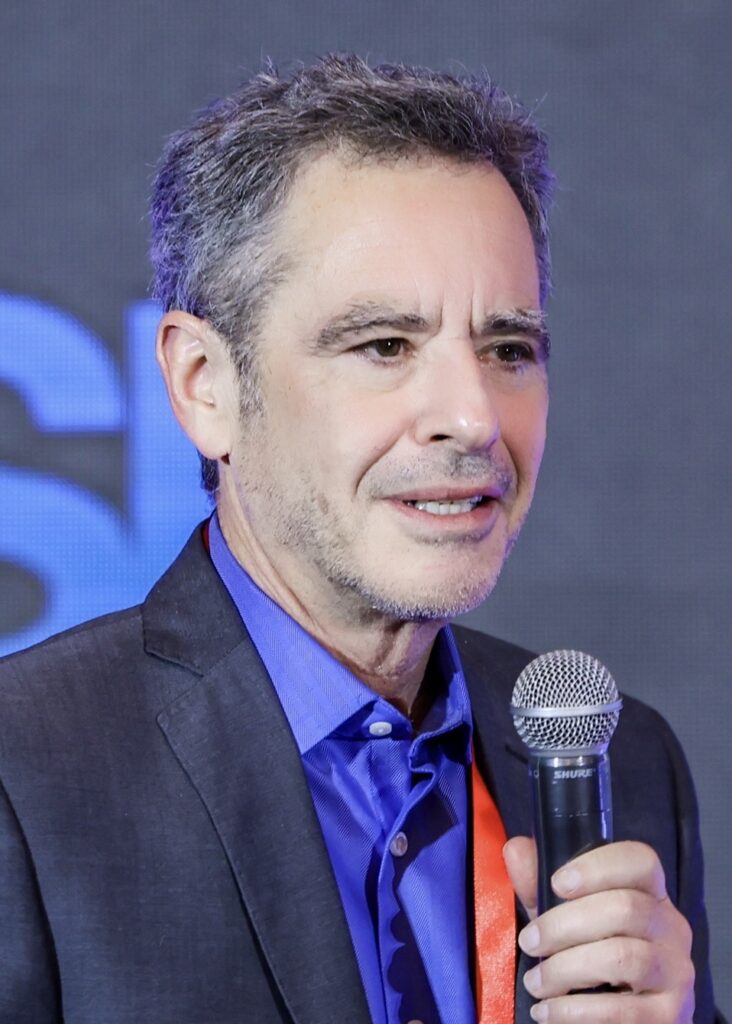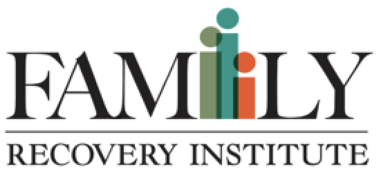This list will be updated as we receive donations.

- This event has passed.
The Lively Language of the Dreaming Mind
– Presented by Meredith Sabini, PhD [CLASS]

NARRATIVE:
Interested in a fresh perspective on dreams and dreaming? Although dreams can be hard to understand due to their metaphoric and imagistic language, much can be gleaned using the practical approach this workshop offers. How to obtain dreams on intake, discern diagnostic and prognostic information from them, and help clients link dream content to their ongoing issues—these will be our focus.
Using the “Anatomy of a Dream” protocol with dreams provided or brought in, this in vitro workshop offers the unique opportunity to discover that dreams can clarify a client’s resilience, object relations, executive functions, and core conflicts. By taking this workshop, you will no longer feel stymied when a client asks what a dream “means” OR have to fall back on the standard clinical cliché, “What do you think/feel?” By focusing your natural curiosity and good observational skills on what’s actually in a dream, you will be able to formulate relevant questions and make sensitive and sensible comments that link dream content with a client’s situation. Suitable for psychotherapists of any orientation and experience level.
2. SOURCE MATERIAL
Bolstad, C. et al. (2021). Factor analysis of disturbing dreams and nightmares. Dreaming, 31:4, 329–41.
Ellis, L. (2019). Common factors leading to a universal approach to dreamwork. Dreaming, 29:1, 22–34.
Olsen, M. R. (2020). Conscious use of dreams in waking life for decision-making, problem-solving, attitude formation, and behavioral change. Dreaming, 30:3, 257–66.
Rimish, A. et al. (2020). Dreams in anxiety disorders. International Journal of Dream Research, 13:1, 1–16.
Sabini, M. (2013). Dreams: In sickness and in health. Dream Time, 30:2, 6–9, 30.
Saez-Uribarri, I., Oberst, U. (2018). Attributes of the dream self related to anxiety upon awakening. International Journal of Dream Research, 13:1, 29–30.
Vedfelt, O. (2020). Integration versus conflict between schools of dream theory and dreamwork. Journal of Analytical Psychology, 65:1, 88–115.
LEARNING OBJECTIVES
Based on participating in this didactic/experiential workshop, attendees will be able to:
- Obtain nightmares, recurring, and recent dreams from clients in any clinical setting
- Discern clients’ resilience, executive functions, core conflicts, and object relations based on specific components in dreams
- Elicit relevant associations from clients that help them link dream content to their psychodynamic issues and life context
- Shift the focus from “what a dream means” in the abstract to an active and creative engagement with clients, jointly exploring their dream life.
3. COURSE OUTLINE – 4 HRS
Hour 1
General query re sleep patterns
Segmented sleep: the new normal
Too few or too many dreams: symptoms?
3 specific questions re nightmares, recurring, and recent dreams
Re-telling a dream for clarification lets client hear it for the first time
Doing a dream inquiry to flesh out scenes
Hour 2
Anatomy of a Dream basic components: setting, atmosphere, theme, figures, dreamer’s stance, resources, dynamic tension
Elucidating these components for/with the client
Clinical implications/correlations of each component based on empirical research
Teaching clients to make relevant associations
What qualities might a dream figure represent?
Titling the emotional/imagistic core of the dream as a narrative
Hour 3
Linking dream content to client’s past, present, future
-
- What does the opening line suggest about a dream’s topic?
- Is the setting from childhood or adult life?
- A demonstration “unpacking” of a dream using Anatomy protocol
- Breaking into dyads to try out the Anatomy protocol
Hour 4
Depending on group size and preferences, we will do dreamwork in dyads in 15-minute segments, with presenter listening in and offering suggestions
4. CRITERION 1.1 to 1.3
This program meets Criterion 1.1.
5. CONTENT CURRICULUM
- Describe how your program content will build upon the foundation of a completed doctoral program in psychology.The course teaches clinicians in-depth strategies for working therapeutically with client’s dreams and unconscious.
- Describe how your content is specifically relevant to psychological practice, education, or science.Dreaming is an important gateway to the unconscious, thus helping clients be curious about their dreams, their function and possible interpretations is valuable.
- Describe your target audience and the instructional level of your content (introductory, intermediate, or advanced).This class is appropriate for intermediate and advanced licensed clinicians
- Describe the accuracy, utility, and the empirical basis of the materials that you will present. What are the limitations of the content being taught and their most common risks?This presentation focuses on training therapists to work therapeutically with dream material. As in all aspects of clinical work, care must be taken with any interpretations.
- Describe how your content reflects the appreciation of a diverse populations and how you intend to acknowledge and respect of the richness of cultural, individual and role differences.This class focuses on dream material and is relevant across cultures.
Bio
Meredith Sabini, PhD (CA lic 7397), founder-director of The Dream Institute of Northern California, in Berkeley, has been a frequent presenter at CIP. She has publications on dreams related to illness, women’s issues, creativity, spiritual practice, and ecopsychology. A psychotherapist for the first 20 years of her career, she has been specializing in dream consultation and training since 1997.
COST:
CIP Members:
$75 early registration 10 business days prior to class; $90 after
Non-Members:
$100 early registration up to 10 business days prior to class, $115 after
CEs: 4 CEs for LMFTs, LCSWs, and Psychologists. Participants must attend the full live session and complete the evaluation at the end to receive a CE completion certificate.
Community Institute for Psychotherapy is approved by the American Psychological Association to sponsor continuing education for psychologists. Community Institute for Psychotherapy maintains responsibility for this program and its content.
Cancellation must be received in writing by email: Full refund if canceled 48 hours prior to the event; $25 cancellation fee if canceled with less than 48 hours notice.
Accommodations will be made wherever possible to those with disabilities. Please let us know of any disabilities upon registration, to ensure proper accommodations are put in place prior to workshop/training.
Grievance Procedure: CIP will respond to complaints in a reasonable, ethical and timely manner, when submitted by program attendees in writing to the Chair of CIP’s Professional Development Committee.
Anti-Discrimination Policy: CIP shall not discriminate against any individual or group with respect to any service, program or activity based on gender, race, creed, national origin, sexual orientation, religion, age or other prohibited basis. CIP does not require attendees to adhere to any particular religion or creed in order to participate in training. CIP will not promote or advocate for a single modality of treatment that is discriminatory or likely to harm clients based on current accepted standards or practice.
*There is no conflict of interest or commercial support related to this CE program.











